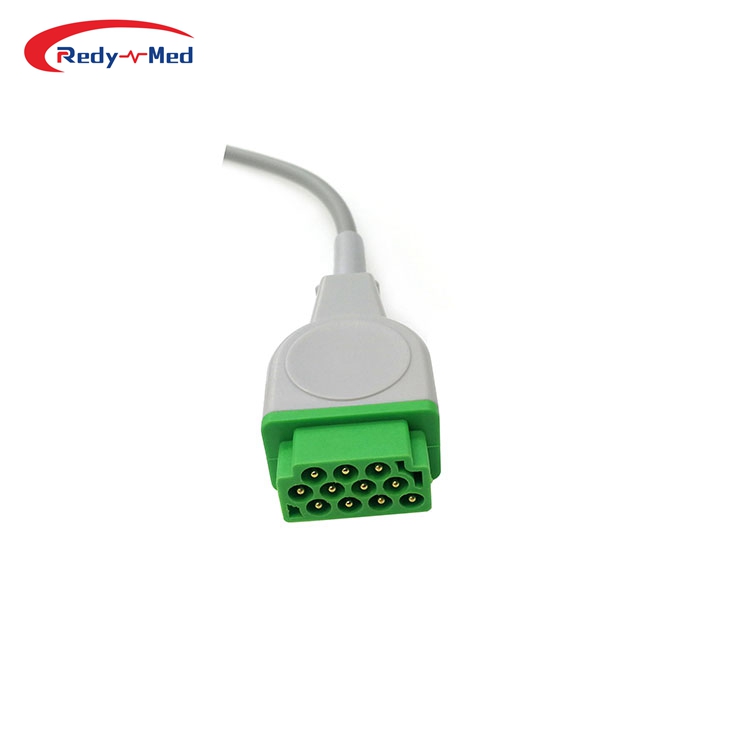
Application of ECG Cable in Sports Medicine
2024-03-21 00:04:27
Revolutionizing Sports Medicine with ECG Cables

The application of ECG (electrocardiogram) cables in sports medicine has significantly transformed the way medical professionals monitor athletes' cardiovascular health during training and competition. ECG cables are now widely recognized for their invaluable contributions in enhancing the diagnosis, prevention, and treatment of sports-related cardiac abnormalities. This article explores the various roles, benefits, and advancements associated with the use of ECG cables in sports medicine.
1. Monitoring Athlete's Heart Health
One of the fundamental applications of ECG cables in sports medicine is to monitor an athlete's heart health. These cables are connected to electrodes strategically placed on an athlete's chest, which then records the electrical activity of the heart. This real-time monitoring allows medical professionals to assess an athlete's heart rate, rhythm, and detect any irregularities or abnormalities. By closely monitoring an athlete's heart health during training and competition, potential risks can be identified promptly, preventing serious medical conditions.
2. Early Detection of Cardiac Abnormalities
ECG cables play a crucial role in the early detection of cardiac abnormalities in athletes. By continuously monitoring an athlete's heart, ECG cables can detect abnormal electrical signals that may indicate underlying heart conditions such as arrhythmias, heart blocks, or ischemia. Early detection of these abnormalities allows for timely intervention and appropriate treatment. ECG cables have become an indispensable tool for sports medicine practitioners, offering the ability to identify potentially life-threatening conditions before they escalate.
3. Performance Optimization and Injury Prevention
Another significant benefit of using ECG cables in sports medicine is the ability to optimize athletic performance and prevent injuries. By analyzing the data collected from the ECG cables, medical professionals can assess an athlete's cardiac response to physical exertion and determine the appropriate level of training intensity. Additionally, ECG cables aid in identifying imbalances or irregularities that may contribute to overuse injuries or muscular imbalances. This information allows for more focused training regimes, injury prevention strategies, and personalized care for athletes.
In conclusion, the application of ECG cables in sports medicine has revolutionized the diagnosis, prevention, and treatment of cardiac abnormalities in athletes. By continuously monitoring an athlete's heart health, ECG cables enable early detection of abnormalities, ensure performance optimization, and mitigate the risk of potential injuries. The advancements in this technology have greatly influenced the field of sports medicine, making ECG cables an indispensable tool for healthcare professionals dedicated to safeguarding athletes' cardiac well-being.
Get the latest price? We'll respond as soon as possible(within 12 hours)




